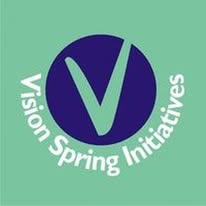The promotion and implementation of repressive policies, as well as participation limits, have mostly stifled the development of progressive institutional structures. The civic space is being repressed as a result of this. Participation is critical, especially for impact and policymakers, but Nigeria’s closing civic space has impeded the involvement of crucial players, particularly women.
Governments are turning the civic space into a battle of wills, with civic organizations and participants struggling for survival and strategic positioning against a system meant to crush activism and civic participation. With restrictive laws aimed at damping “opposition” towards authority, civic actors are threatened and bullied. Being a female player in the civic industry does not assist matters because cultural, political, and societal factors exist to impede the beneficial work of female participants, contributing to gender disparity in an already diminishing civic space.
Women’s voices are muffled and constrained, and political parties are not prepared to carry out their mandates regarding female politicians’ candidacies. Equal gender participation is a paper charade used by Nigerian politicians and policymakers to stifle opposition and provide crumbs to women whose affected by the shrinking civic space.
Particularly in Nigeria, the growing government arbitrariness is strongly biased against women’s participation. Women’s engagement has been hampered, particularly in the fields of politics and government, by restrictions on social media, uneven quota systems, societal preconceptions, and a lack of supportive surroundings.
When women are denied the right to vote and be voted for, it is less likely that measures that benefit them will be implemented. Women must be active participants in the civic space in order to call attention to concerns that are particular to them.
As a result, the government and civic spaces must establish enabling circumstances for women participants to demonstrate their leadership qualities in effective leadership positions. It is also suggested that more gender-sensitive policies and frameworks be designed and implemented to boost women’s engagement in all domains. There should be support awareness-raising campaigns performed by various public and nonpublic actors explaining the relevance of freedom of expression and participation in politics, supported by a wide range of formal and non-formal civic education elevating the agency of women. We cannot effectively utilize civic spaces for improvement and development until we have Gender-Equality.
